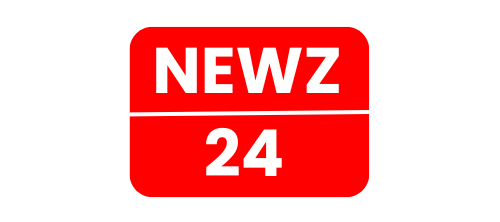$725 Stimulus Monthly Check: The federal government is preparing to distribute $725 monthly stimulus checks to eligible Americans in November 2024. This financial support aims to help low- and middle-income households, Social Security recipients, and families cope with ongoing economic challenges. Here’s a comprehensive guide to understanding this payment program.
Understanding the Payment
The $725 monthly stimulus check is part of the federal government’s continued efforts to provide financial relief to Americans struggling with rising living costs. The Internal Revenue Service (IRS) will oversee the distribution of these payments, primarily through direct deposits to recipients’ bank accounts.
Eligibility Requirements
The 2024 stimulus payment program primarily targets low- and middle-income households, with individual income thresholds set at $40,000 annually and family combined income capped at $80,000. These thresholds may vary based on location and household size. Social Security beneficiaries, including those receiving SSI and SSDI, automatically qualify if they meet the income requirements and generally don’t need to submit additional applications. Veterans and disabled individuals receive special consideration, acknowledging their additional healthcare and disability-related expenses. The program also extends support to families with children, particularly focusing on lower-income households and accounting for essential child-related expenses.
Application and Payment Process
The payment process begins with eligibility verification through IRS guidelines, where individuals must confirm their income status, household situation, and any Social Security or veteran status. Setting up direct deposit is crucial for efficient payment receipt. Recipients should provide their banking information to the IRS through the “Get My Payment” tool and ensure all account details are current. Payments are scheduled for November 15, 2024, with direct deposits arriving the same day, while paper checks may require additional processing time. Recipients can track their payment status through the IRS “Get My Payment” tool.
Tax Implications and Payment Methods
These stimulus payments are entirely tax-free and don’t require reporting on tax returns. Additionally, receiving these payments won’t affect other government benefits. The IRS offers two primary payment methods: direct deposit, which is the fastest and most secure option, and paper checks, which require longer processing times and a current mailing address. Special provisions exist for non-filers, who can still receive payments by updating their information through the IRS Non-Filers tool. Social Security recipients benefit from automatic enrollment, provided they meet the income requirements.
Financial Management Guidelines
Recipients are encouraged to prioritize their payments for essential expenses such as rent or mortgage payments, utility bills, and groceries. Financial planning should include considerations for emergency savings and future expenses. It’s crucial to remain vigilant against scams and protect personal information by using only official IRS channels for all payment-related communications.
Future Outlook and Important Reminders
The $725 monthly stimulus program for November 2024 represents a significant support system for eligible Americans. To ensure smooth payment receipt, recipients should maintain updated personal information, monitor official IRS communications, keep accurate banking details, and stay alert for important announcements.
Conclusion
This stimulus check program offers vital financial support to Americans facing economic challenges. While some recipients will automatically receive their payments, others may need to take specific actions. Success in receiving the payment relies on understanding eligibility requirements, following proper procedures, and staying informed through official channels. All information presented is based on current announcements and may be subject to updates, making it essential to verify details through official IRS sources.




